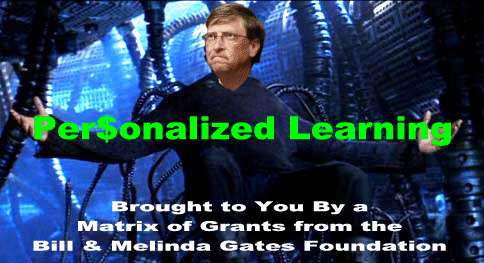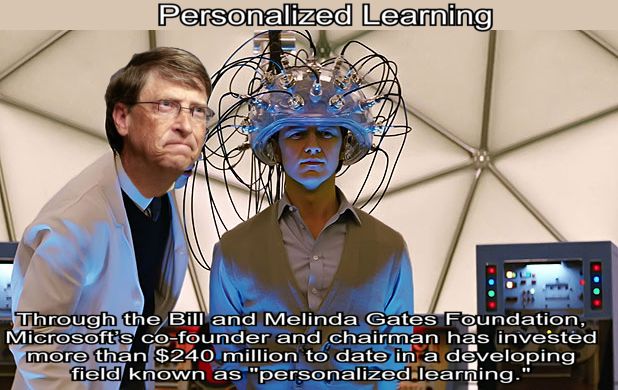University opens without any teachers

Value of teaching
But he thinks 42 has gone too far by removing teachers altogether. His research suggests peer learning is most effective when students are under the supervision of an expert teacher.
"The deep reason for a teacher is to guide students to grapple with exactly the complex, ambiguous, and tough issues that are usually outside of students' self-awareness or capabilities," he says.
Prof Butin says "the whole point of a university" is to challenge a student's prior knowledge and assumptions about the world. A university without teachers could allow students to simply "reinforce and regurgitate" their existing opinions.
42's model might offer an alternative to Moocs (massive open online courses, which let large numbers of students cheaply study a subject online.
Like a Mooc, it provides a more affordable education than a traditional university. But it also gives students the social benefits of coming to a physical building and interacting with others every day.
A university without any teachers has opened in California this month.
It's called 42 - the name taken from the answer to the meaning of life, from the science fiction series The Hitchhiker's Guide to the Galaxy.
The US college, a branch of an institution in France with the same name, will train about a thousand students a year in coding and software development by getting them to help each other with projects, then mark one another's work.
This might seem like the blind leading the blind - and it's hard to imagine parents at an open day being impressed by a university offering zero contact hours.
But since 42 started in Paris in 2013, applications have been hugely oversubscribed.
No tuition fees
Recent graduates are now working at companies including IBM, Amazon, and Tesla, as well as starting their own firms.
42 was founded by French technology billionaire Xavier Niel, whose backing means there are no tuition fees and accommodation is free.
Mr Niel and his co-founders come from the world of technology and start-ups, and they are trying to do to education what Facebook did to communication and Airbnb to accommodation
They aim to do this by combining an extreme form of "peer-to-peer learning" with project-based learning. Both are popular methods among education researchers, but they usually involve the supervision of a teacher.
Students at 42 are given a choice of projects that they might be set in a job as a software engineer - perhaps to design a website or a computer game.
They complete a project using resources freely available on the internet and by seeking help from their fellow students, who work alongside them in a large open-plan room full of computers. Another student will then be randomly assigned to mark their work.
Like in the computer games the students are asked to design, they go up a level by competing a project. They graduate when they reach level 21, which usually takes three to five years. And at the end there is a certificate but no formal degree.
Self-starters
The founders claim this method of learning makes up for shortcomings in the traditional education system, which they say University opens without any teachers - BBC News:


